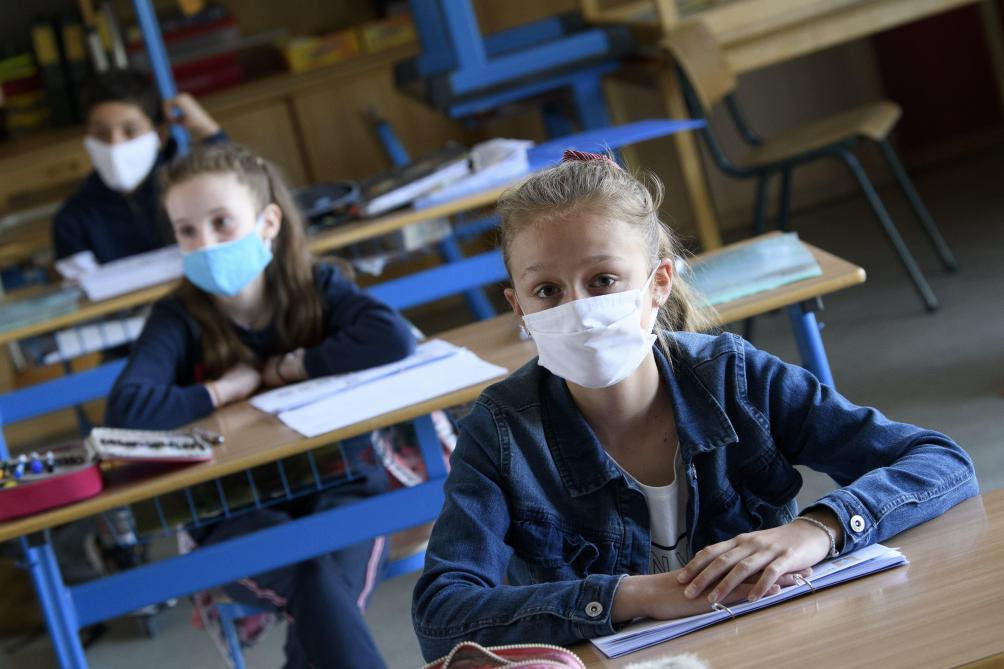Using a new testing method to detect an infection with the new coronavirus through a saliva sample in schools could help identify so-called "super spreader" students, Belgian virologists say.
Herman Goossens, a professor of microbiology who, in the early stages of the pandemic warned that Belgium was not testing enough, is looking to put the new testing protocol to use when schools reopen in September.
"The most recent studies with saliva tests were done in adults. This method has barely been studied on children and young people," Goossens said in an interview with De Morgen.
Related News
- Covid-19: hospitalisations and deaths continue to increase
- Key to containing coronavirus epidemic is now in Brussels, experts say
- Code yellow: how Belgian universities will start the school year
The test would consist of asking students to spit inside a pot, which Goossens said would present the double advantage of simplifying sample collection and of cutting the risk of infection for health workers.
While previous trials done with saliva samples have shown that this type of test is not effective for detecting carriers infected with low quantities of the virus, saliva tests could help weed out students who are so-called "super spreaders" — asymptomatic carriers with high viral charges and who are highly likely to pass the virus on to others.
“When that person coughs, maybe even speaks loudly, then they can transfer it," Marc Van Ranst, a virologist with the government's coronavirus task force, said in June as he warned of the challenge posed by super spreaders.
Rolling the tests out in school settings from the start of the new school year in September, Van Ranst said, could be a useful to better prepare authorities for a potential local outbreak.
"With the saliva tests, you could easily detect those who unknowingly carry a lot of virus, including the super spreaders," Van Ranst said.
Steven Van Gucht, a virologist with federal health institute Sciensano, said that the saliva samples could be useful in "in very specific circumstances," but noted that, given Belgium's current testing capacity, they could not be implemented as a widespread testing strategy.
Gabriela Galindo
The Brussels Times

